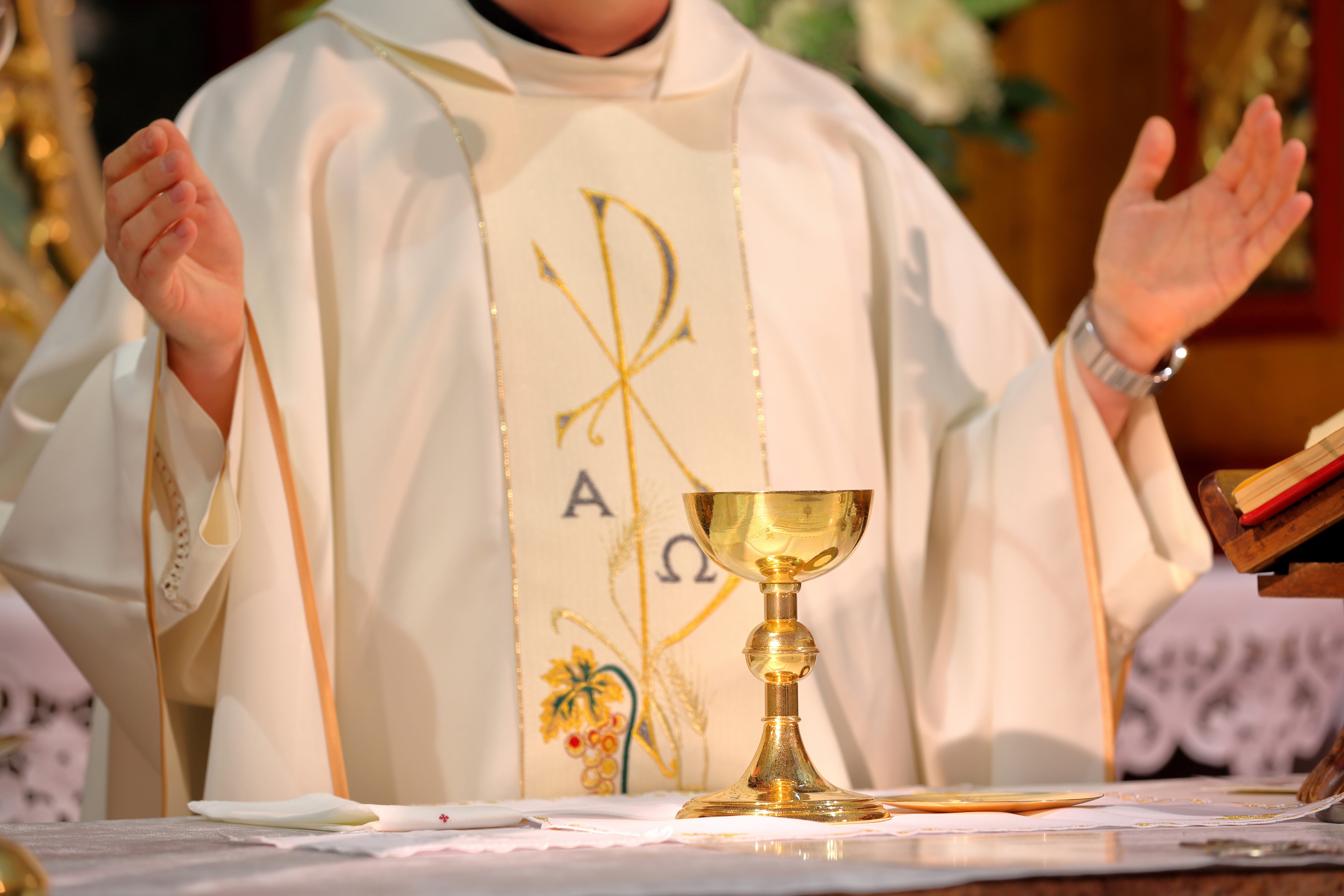HOLY DAYS OF OBLIGATION

The Code of Canon Law provides the following general norm for the Latin Rite of the universal Church: Canon 1246
1. Sunday is the day on which the paschal mystery is celebrated in light of the apostolic tradition and is to be observed as the foremost holy day of obligation in the universal Church. Also to be observed are the day of the Nativity of Our Lord Jesus Christ, the Epiphany, the Ascension and the Most Holy Body and Blood of Christ, Holy Mary Mother of God and her Immaculate Conception and Assumption, Saint Joseph, the Apostles Saints Peter and Paul, and finally, All Saints.
2. However, the conference of bishops can abolish certain holy days of obligation or transfer them to a Sunday with prior approval of the Apostolic See.
Depending on one's nation one could have more or fewer than the ten listed in the Code. For example, the United States adds her patron (The Immaculate Conception), as does Ireland (St. Patrick), Canada (St. Joseph) and many other countries, while dropping several from the list. The following is the complementary norm for the United States, providing for 6 holy days, in addition to all Sundays:
On December 13, 1991 the members of the National Conference of Catholic Bishops of the United States of American made the following general decree concerning holy days of obligation for Latin rite Catholics:
In addition to Sunday, the days to be observed as holy days of obligation in the Latin Rite dioceses of the United States of America, in conformity with canon 1246, are as follows:
- January 1, the solemnity of Mary, Mother of God *
- Thursday of the Sixth Week of Easter, the solemnity of the Ascension
- August 15, the solemnity of the Assumption of the Blessed Virgin Mary *
- November 1, the solemnity of All Saints
- December 8, the solemnity of the Immaculate Conception
- December 25, the solemnity of the Nativity of Our Lord Jesus Christ
*Whenever January 1, the solemnity of Mary, Mother of God, or August 15, the solemnity of the Assumption, or November 1, the solemnity of All Saints, falls on a Saturday or on a Monday, the precept to attend Mass is abrogated.
From Catholic Online
